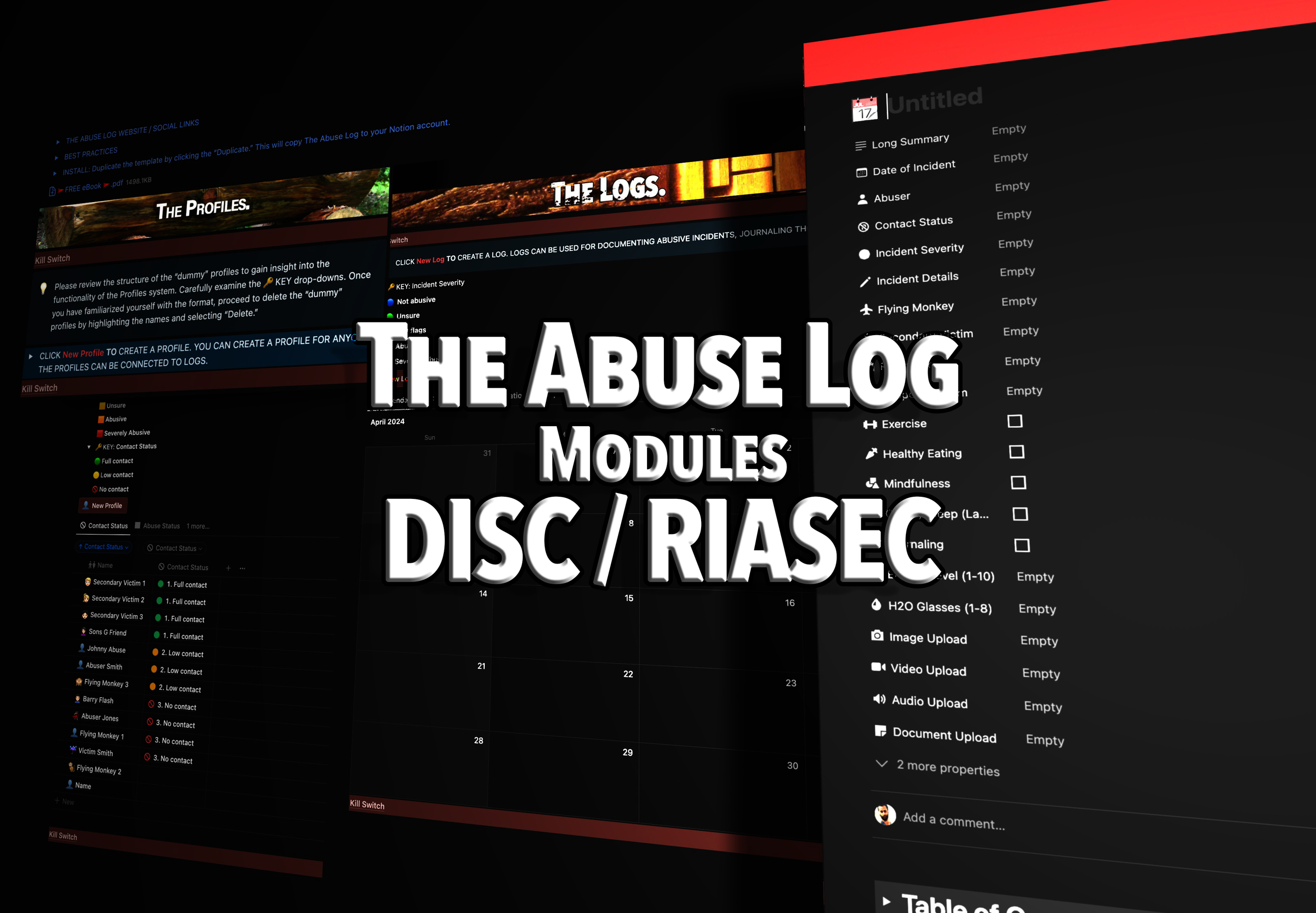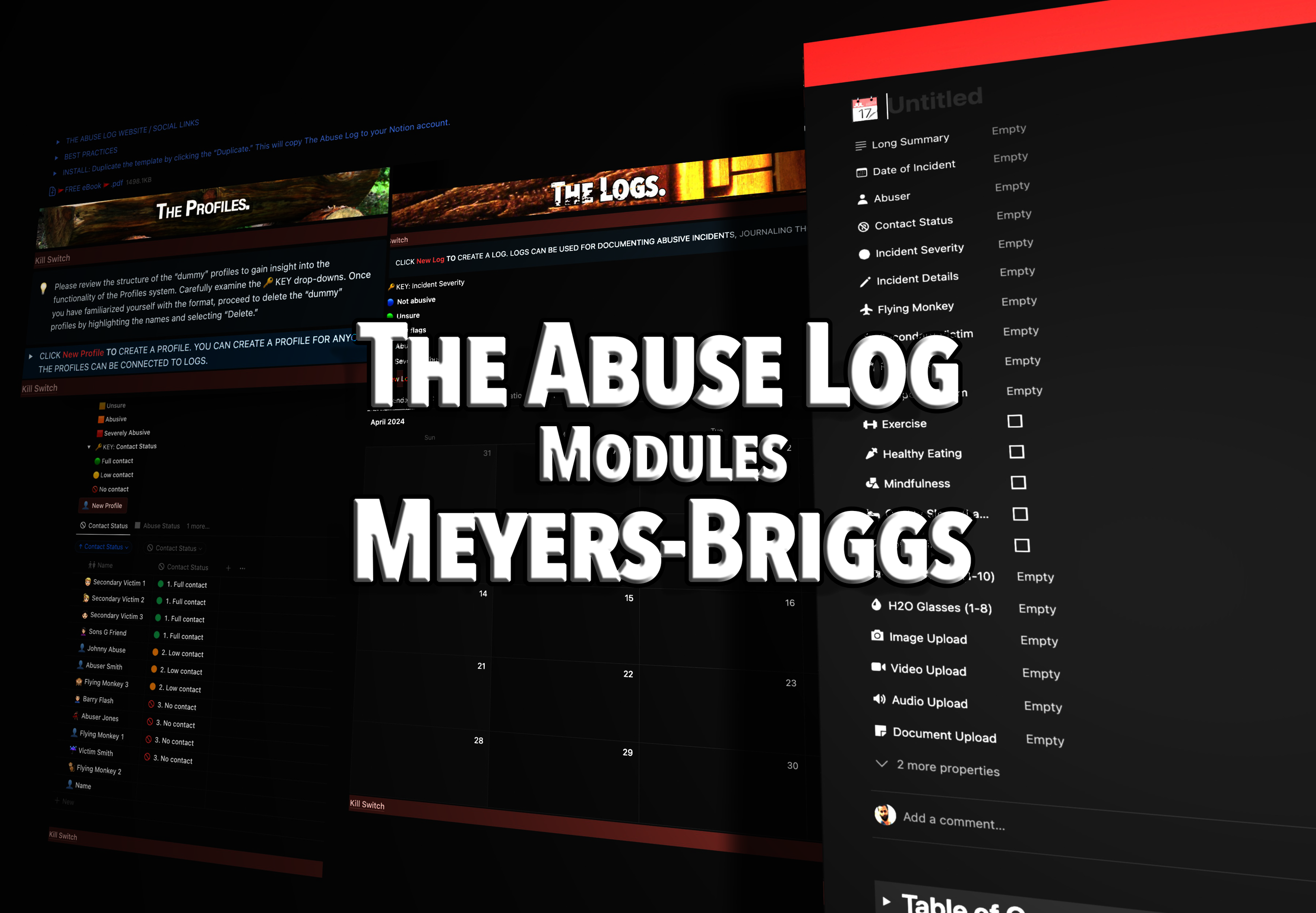Narcissism and the Cognitive Dissonance of External Loci of Control
Narcissism is often described as a fortress of self. From the outside, it looks impenetrable—grandiose towers built on self-confidence, charisma, and apparent mastery. Yet inside those walls lies something brittle, fragile, and deeply unstable: a psyche that cannot reconcile its illusions of control with its dependence on external forces. This tension between narcissistic self-aggrandizement and the reliance on an external locus of control produces a deep well of cognitive dissonance, the kind of psychological discomfort that bends reality into distortion.
This paradox—claiming absolute power while blaming external forces for failure—reveals not only the inner workings of narcissistic psychology but also the philosophical fragility of an ego built on appearances rather than substance.
Narcissism and the Illusion of Control
At its core, narcissism is a disorder of self-perception. The narcissist must believe they are the architect of success, the cause of every victory, the axis around which others revolve. This illusion of omnipotence sustains the grandiose identity they work tirelessly to project.
But the illusion collapses when life inevitably delivers failure, rejection, or challenge. To acknowledge responsibility would puncture the myth of superiority. To admit powerlessness would expose the hollow self beneath the mask. So, the narcissist engages in a psychological sleight of hand: the problem is not me, it is the world.
Success = proof of superiority (internal locus).
Failure = someone else’s fault, bad luck, betrayal, conspiracy (external locus).
This selective application of control is not a strategy of reason, but a reflex of self-preservation.

Cognitive Dissonance in Action
Cognitive dissonance describes the mental unease that arises when a person holds contradictory beliefs. For the narcissist, the contradiction is constant:
“I am in complete control, powerful, exceptional.”
“I am victimized by outside forces that prevent me from being recognized as such.”
This contradiction cannot be resolved rationally. Instead, it is resolved through distortion: projection, gaslighting, rationalization, and blame. The narcissist’s psyche performs a balancing act, constructing elaborate narratives where they are simultaneously the hero and the victim.
Thus, they are the mastermind when things go well—but the tragic martyr when they don’t. They live suspended between godhood and victimhood, oscillating back and forth depending on which posture best preserves the ego at that moment.
The External Locus as Psychological Defense
For most people, an external locus of control—the belief that fate, chance, or powerful others determine life outcomes—can lead to passivity or learned helplessness. For the narcissist, however, it serves a different function: it is a psychological defense mechanism.
By outsourcing blame, they protect the fragile core of the self from collapse. The external locus acts as a shield against accountability, ensuring that nothing truly destabilizing can reach the inner sanctum of the ego.
But this strategy is not without cost. It requires constant manipulation of reality. Those around the narcissist are pulled into the dissonance, made to bear the burden of blame, guilt, or responsibility for problems that are not theirs to carry. Over time, this corrodes relationships and erodes trust.
The Philosophical Dimension: Control and Illusion
On a deeper level, this tension exposes something fundamentally philosophical: the problem of control itself. Human beings exist in a tension between agency and contingency—we make choices, yet we are subject to forces beyond our control. Mature individuals learn to navigate this paradox by accepting responsibility for what they can influence, and humility toward what they cannot.
The narcissist, however, cannot bear such humility. To admit limits would unravel the very scaffolding of their identity. So they cling to control as an illusion, while simultaneously blaming external forces whenever that illusion shatters.
This makes the narcissist not only psychologically fragmented but also philosophically inconsistent. Their worldview collapses under scrutiny: they are at once omnipotent and powerless, self-made and persecuted, sovereign and scapegoat.
The Broader Consequences
This paradox has profound consequences for both the narcissist and those entangled with them:
For the narcissist: The perpetual dissonance erodes their sense of reality. They become trapped in endless self-justification, unable to grow, unable to integrate the truth of their limits.
For others: Those close to the narcissist become the repositories of blame. They are gaslit, scapegoated, and burdened with the narcissist’s disowned failures. Living in this atmosphere feels like being inside a hall of mirrors where the truth is endlessly bent to preserve one fragile ego.
For society: When narcissism is scaled up into cultural or political systems, this same dissonance produces leaders and movements that are grandiose in vision yet reckless in accountability—quick to claim credit, quicker to assign blame, incapable of facing reality with integrity.
Closing Reflection
The cognitive dissonance of narcissism reveals something universal about the human condition: our need to make sense of the tension between freedom and fate, agency and circumstance, power and vulnerability. But where maturity embraces the paradox, narcissism denies it.
The narcissist’s fortress of self is therefore not strong, but fragile. Its foundations are cracked by the very contradictions it refuses to acknowledge. The more they insist on their invulnerability, the more dependent they become on others to absorb the dissonance. And in the end, it is not control that defines them, but illusion.































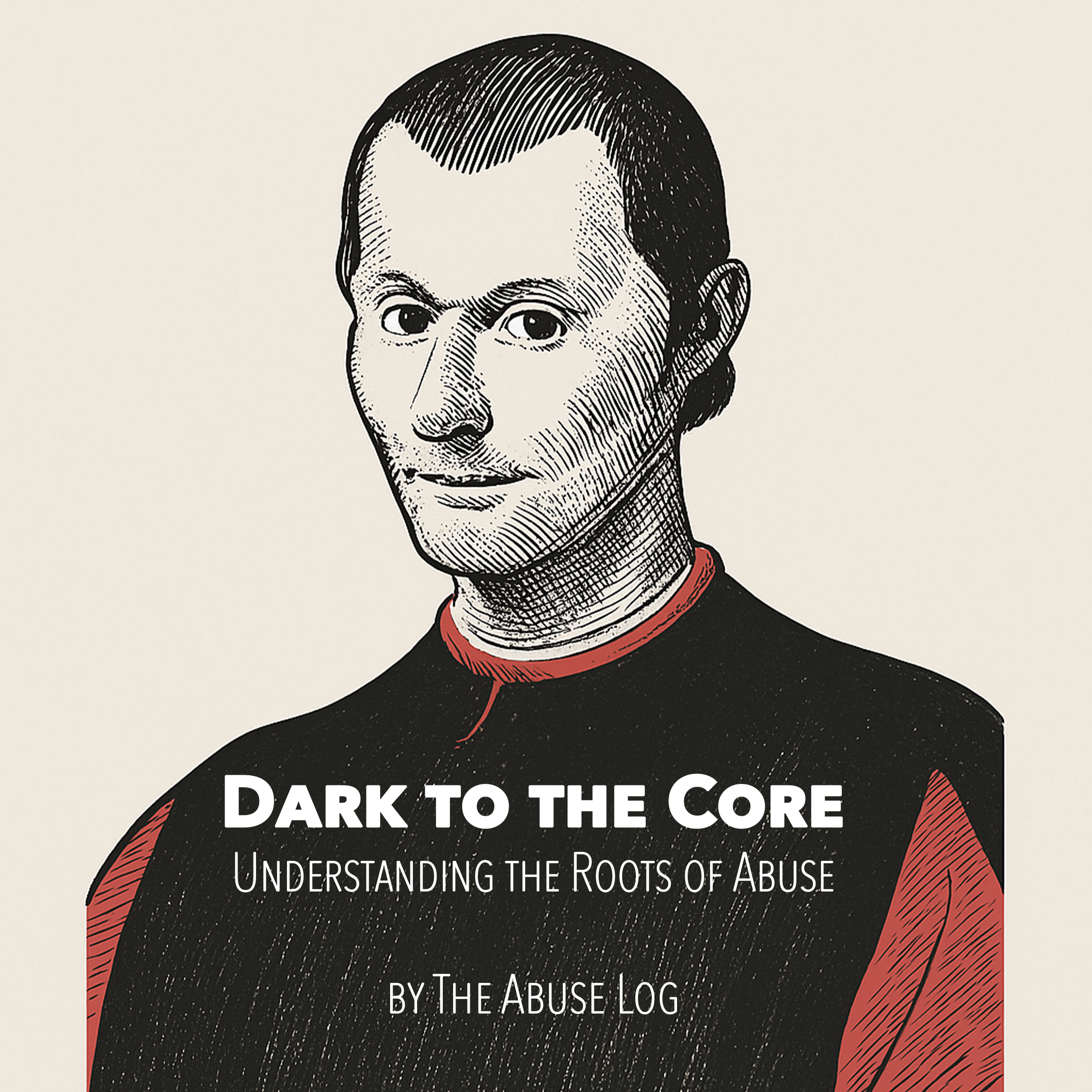
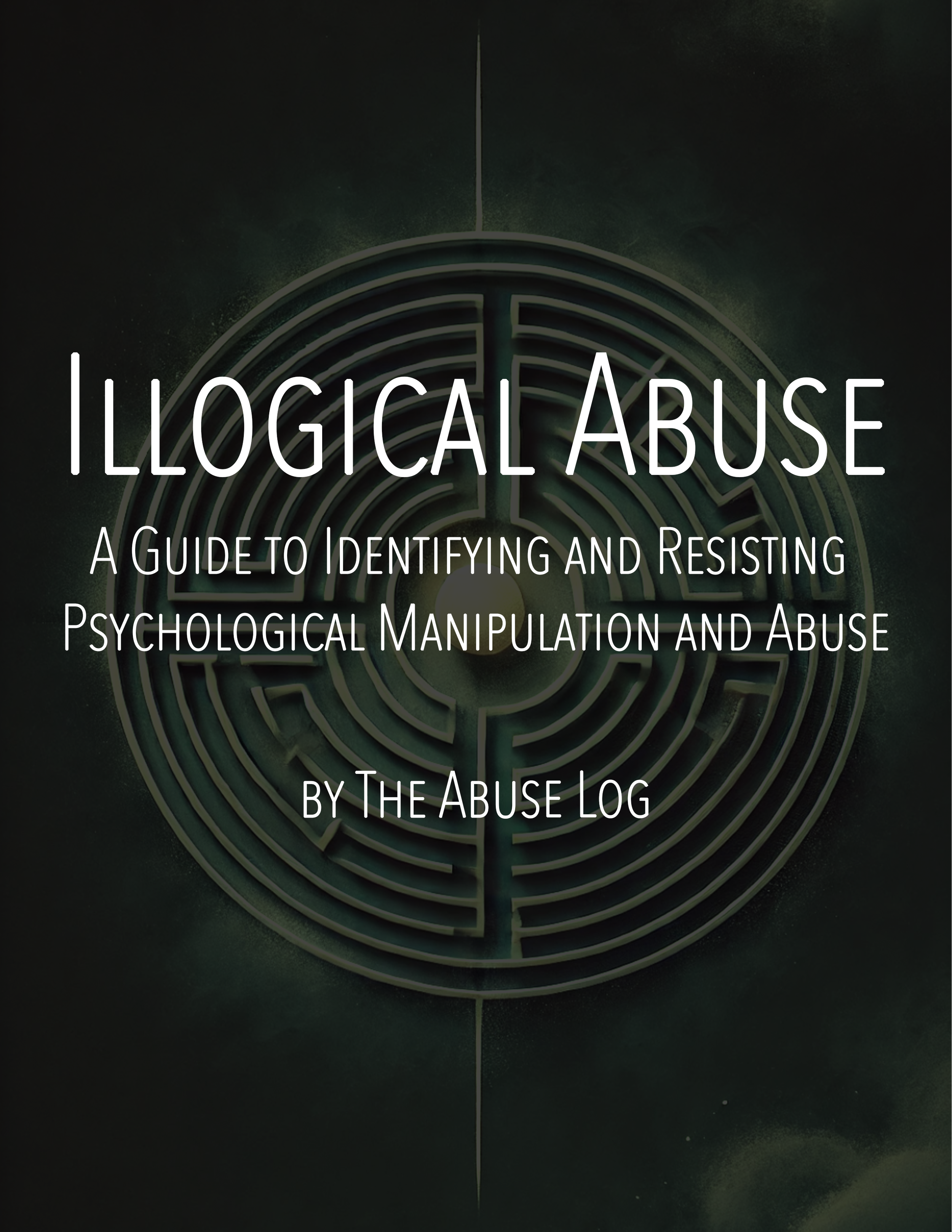

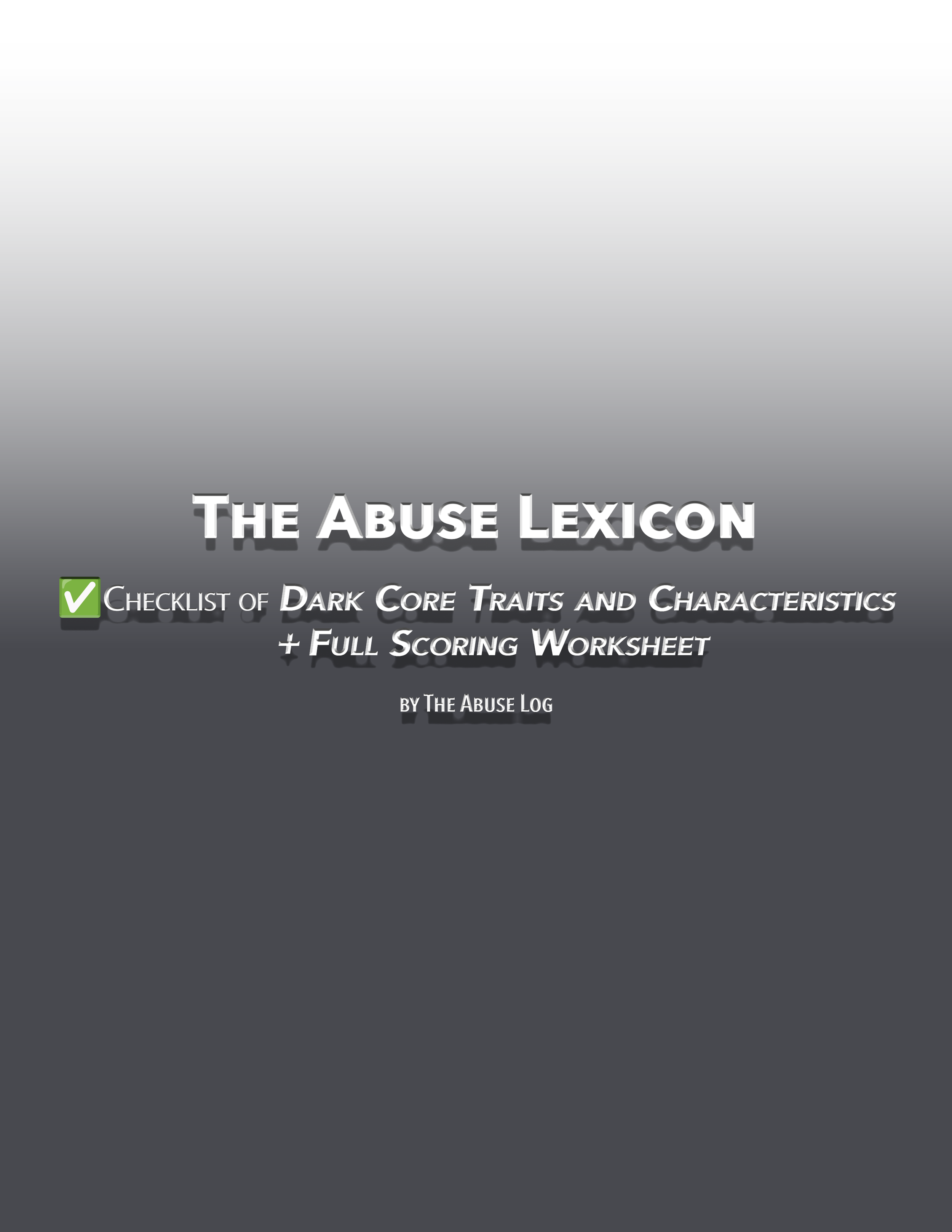


![The Abuse Log Notion Template [Basic]](https://images.squarespace-cdn.com/content/v1/65b9553c448d7e5b0ec1dfcd/4c83e581-b720-4cbe-83b1-2d72e7a9ac8a/Logo+Gumroad-Basic.png)
![The Abuse Log Notion Template [Advanced]](https://images.squarespace-cdn.com/content/v1/65b9553c448d7e5b0ec1dfcd/c3bb150a-a911-4f91-a23e-3621b98a2d55/Logo+GumroadAdvanced.png)
![The Abuse Log Notion Template [Professional]](https://images.squarespace-cdn.com/content/v1/65b9553c448d7e5b0ec1dfcd/7fa18cea-edf4-4325-8234-13f3527579c2/Logo+GumroadProfessional.png)








